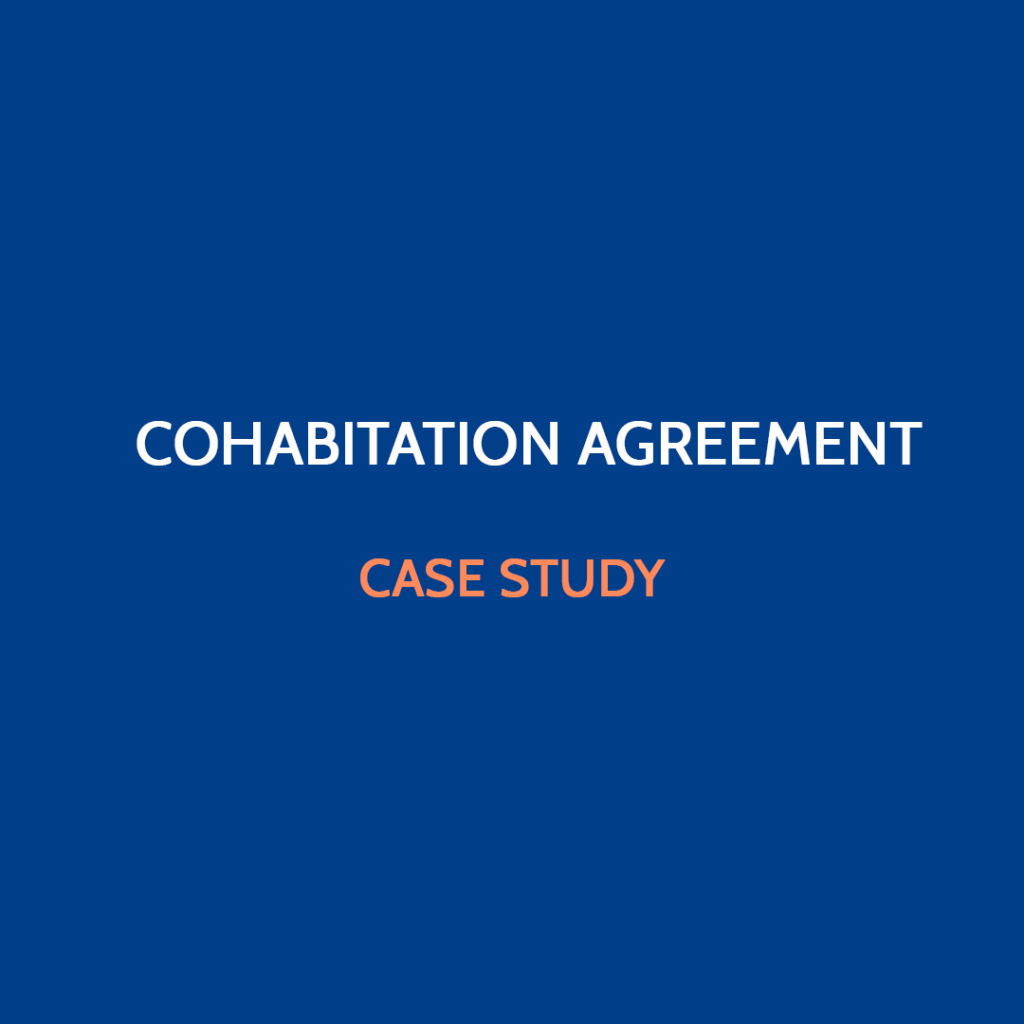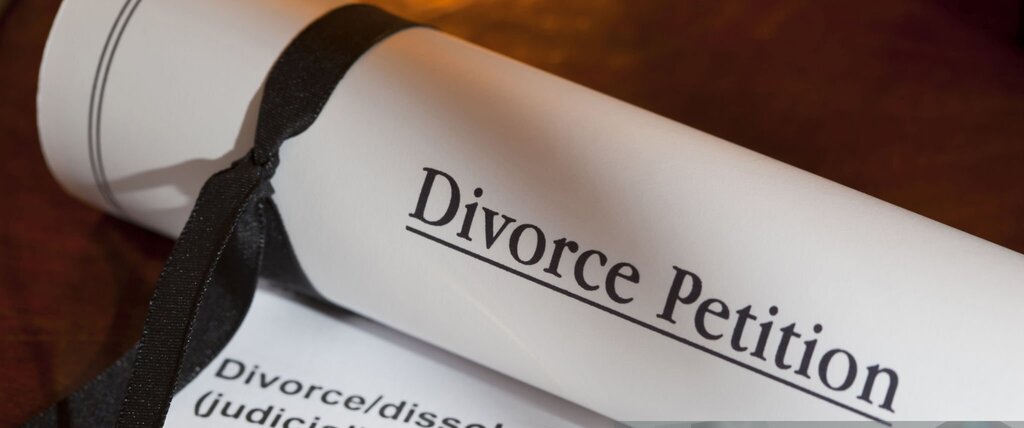Cohabitation is widespread and is becoming ever more common. National figures show that cohabitation is the fastest growing family type in the UK having doubled in the last 10 years including couples of same sex. So who is a cohabitant? The legal definition is ‘two persons who are neither married to each other nor civil partners of each other but are living together as husband and wife or as if they were civil partners’ (s.62 (1)(a) Family Law Act 1986). This would include those couples living together who are ‘married’ in the UK under their own religious laws & customs not having undergone a civil ceremony of marriage in accordance with UK laws. In real terms, the relationship would have a degree of permanence and mutual support, an agreement to curb your personal freedom and a pooling of financial resources.
As more and more people choose to live together and bring up children without getting married, the law has struggled to keep pace with such changing times. The legal framework in place is complex and piecemeal. Cohabitees do not enjoy the same legal rights compared to their married counter parts and consequently, it is quite possible to have been in a relationship for several years, bring up children and then walk away from your responsibilities without any or very little accountability. Inevitably, this has a significant adverse impact on parents with young children who may have given up a career to look after the family. So in this day and age where so many thousands of couples choose to cohabit, what legal protection is there when these relationships break down? Below we look at the main issues cohabitees face.
Children
Parental Responsibility (PR) automatically vests in both parents who are married to each other at the time of the child’s birth. By contrast, unmarried fathers must acquire PR either by written agreement or marriage with the mother, by a relevant court Order or being named on the birth certificate (for births after December 2003). An unmarried father is still considered a ‘parent’ however, which is important as he has an automatic right to apply to the court for an order relating to the children (such as to spend time with them or decide where the child/ren should live) despite not having PR.
In terms of financial support, an non-resident unmarried father has a statutory obligation to maintain his natural child irrespective of whether he has PR or not. This means that he is still liable to pay child support. The resident parent also has some relief under the Children Act 1989 to apply for a lump sum or a settlement of Property for the benefit of the child.
Property Rights
Cohabitants have no automatic rights to property of the family and must rely on trust principles to establish a beneficial entitlement. There is no concept of a ‘matrimonial or family pot of assets’ despite how collectively the family finances may have been run. A cohabitee will have to apply to the court for the declaration of a trust/order for sale relying on land and property law rather than matrimonial laws – so no flexibility there. A necessary inference will have to be drawn from the behaviour of the parties to satisfy a finding that a shared intention did in fact exist (Jones v Kernott 2011). This means that an investigation into how the couple lived and managed their life and finances will have to be made – not an easy task to say the least.
Should they be on more amicable terms however, then outside of court proceedings the couple could consider entering into a Cohabitation Contract dealing with such issues (allowing far more control over their finances compared to married couples) or consider creating a Trust Deed giving the non-owning person a beneficial share in the property.
Other financial rights
There is no right to apply for regular maintenance despite the fact that you may have been financially supported by your partner and instead may have to seek the assistance of the welfare benefit system.
Rights on death
Unless a cohabitant provides for their partner in their will, they do not generally share the same rights afforded to a spouse or civil partner in the event of the death of their cohabitant regardless of the length of the relationship. Remedies available to a cohabitant include:
- Applying for provision however under the Inheritance (Provision for family and dependants) Act 1975 if the cohabitee was being maintained by the other immediately before death.
- Should they hold their property as legal and beneficial ‘joint tenants’, then the rules of survivorship will ensure that on the death of one, the other will receive the property absolutely.
- Nominating each other as the beneficiary of each other’s pension – better with workplace pensions as compared to state pension which is less favourable to unmarried couples.
- Although the welfare state system favours married couples by providing several state benefits on death of a spouse (widowed parent’s allowance, weekly bereavement allowance and bereavement payments), a recent case decided that this was a breach of human rights for the survivor so there is some hope for change.
Protection from violence
Former cohabitants can seek protection from violence from the courts. They can also apply to remove an abusive cohabitant from the family home or regulate both their living. These are the same rights akin to those for married couples.
Tax position
Married couples and civil partners hugely benefit from Inheritance Tax exemption on transfers between them during their lifetime and on death. This means that the family home does not need to be sold to pay the tax on the death of the first spouse which would be the biggest dilemma facing a cohabitant at a time of bereavement. There are equally significant capital gains tax breaks for married couples.
So what is the future? There is a general consensus that the law of cohabitation needs to be reformed and updated to take account of modern day families. Providing some access to financial relief on relationship breakdown for cohabitants is widely argued in favour of, whilst at the same time, providing every remedy possible to married couples is considered excessive given the current decline of marriage. What we need is a middle ground – whether this is forthcoming in the near future is your guess as good as ours. In the meantime, we can look forward to the availability of civil partnerships next year for those who don’t fancy the idea of marriage but still want the same rights as their married counterparts.
If you need any advice in this area, please contact a member of our family team or email sbutt@freemanharris.co.uk



